Summarising a study about RuneScape and Venezuela
My psychology master's dissertation was about how online gaming may spread awareness about suffering. Here the results are summarised.
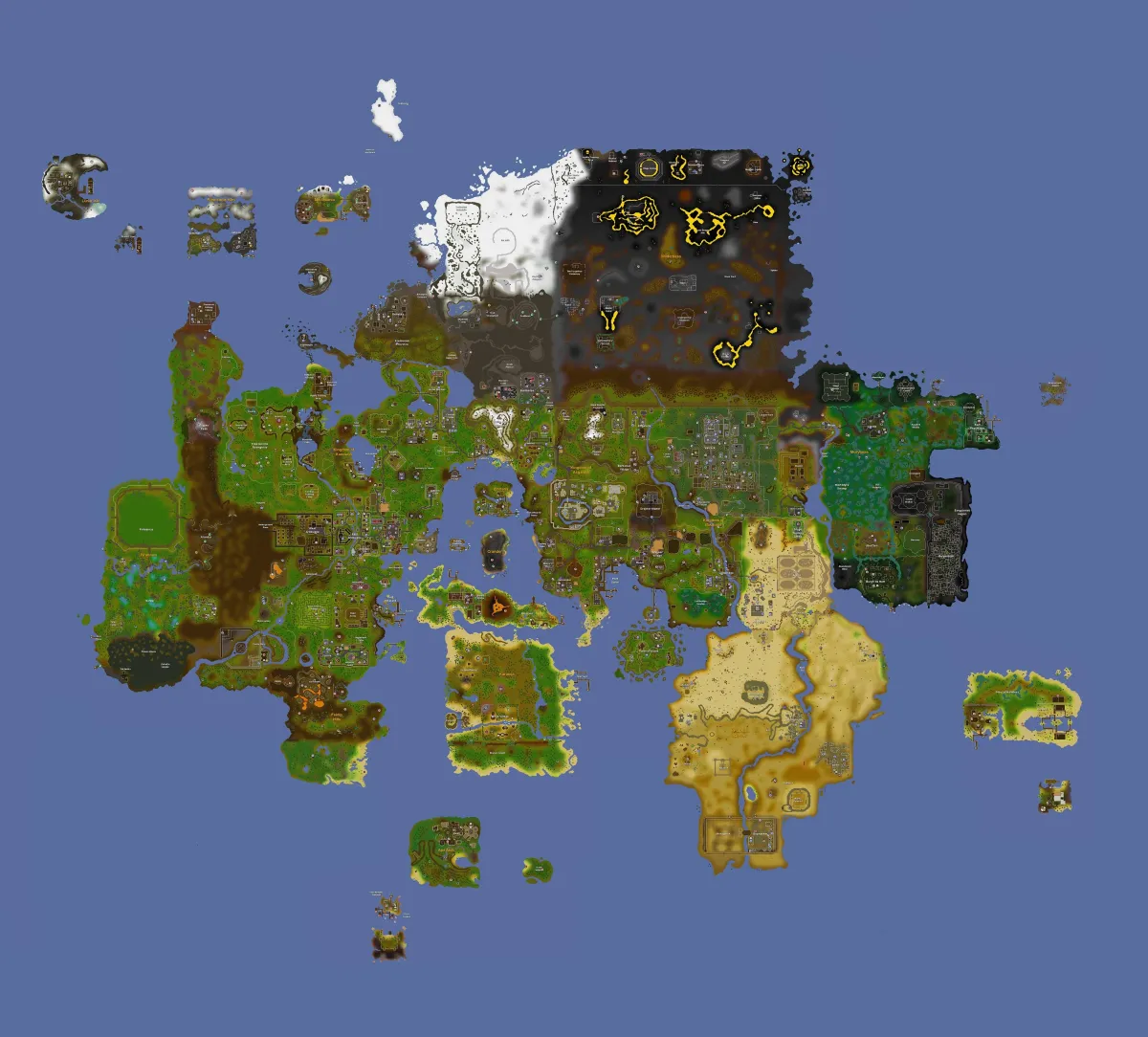
Our world is increasingly a digital world. We are living through the Digital Revolution. Because of this, "digital migration" (people working online) is becoming more common.
Sometimes, digital migration means that two groups of people – one in poverty (Venezuelans) and one not (RuneScape players) - can meet, learn about each other, and reach prosocial outcomes. I conducted a study that attempted to examine this exact situation in more detail.
For a thorough explanation about the study, see this post. For the full dissertation paper with its limitations and literature review, see here.
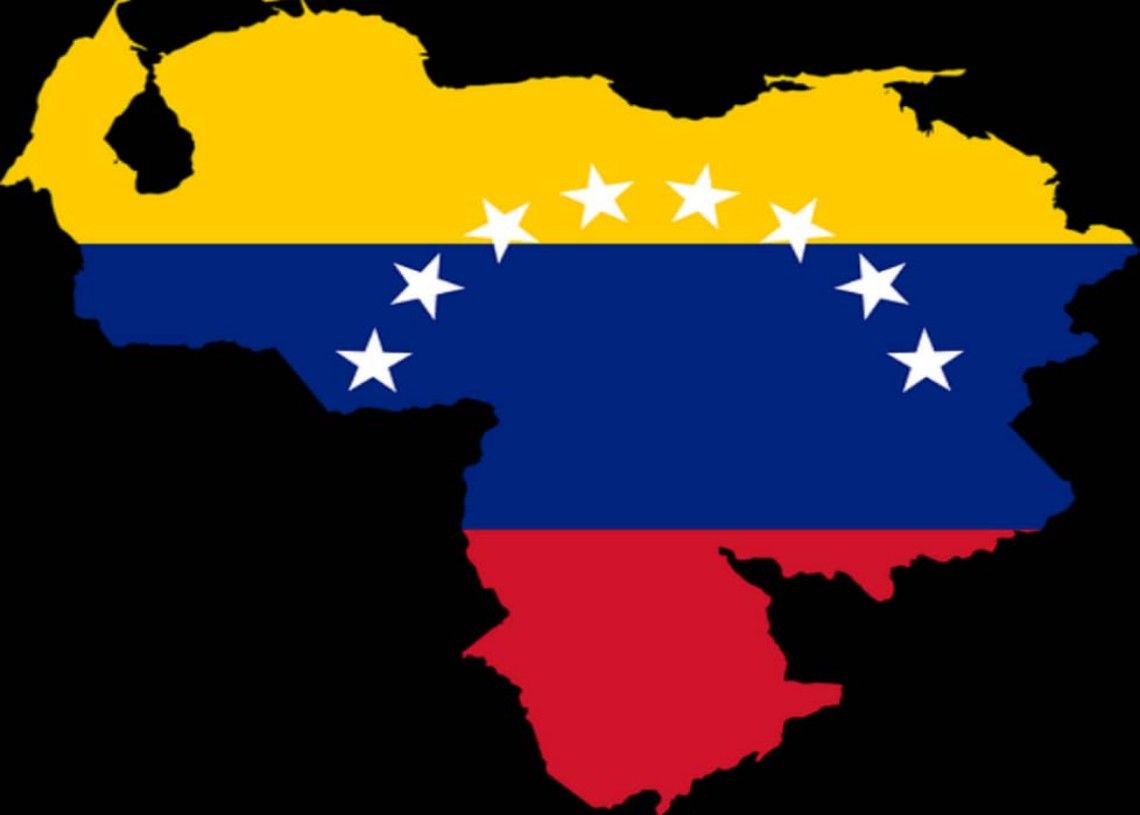
Quick study context
The study was in two parts.
Firstly, questionnaires were given to two groups: RuneScape (RS) players and non-RuneScape players.
It was believed that RS players, especially Old-School RS players, would be more aware about the situation in Venezuela, and about Venezuelans playing RS for a real-world income, compared to non-RS players.
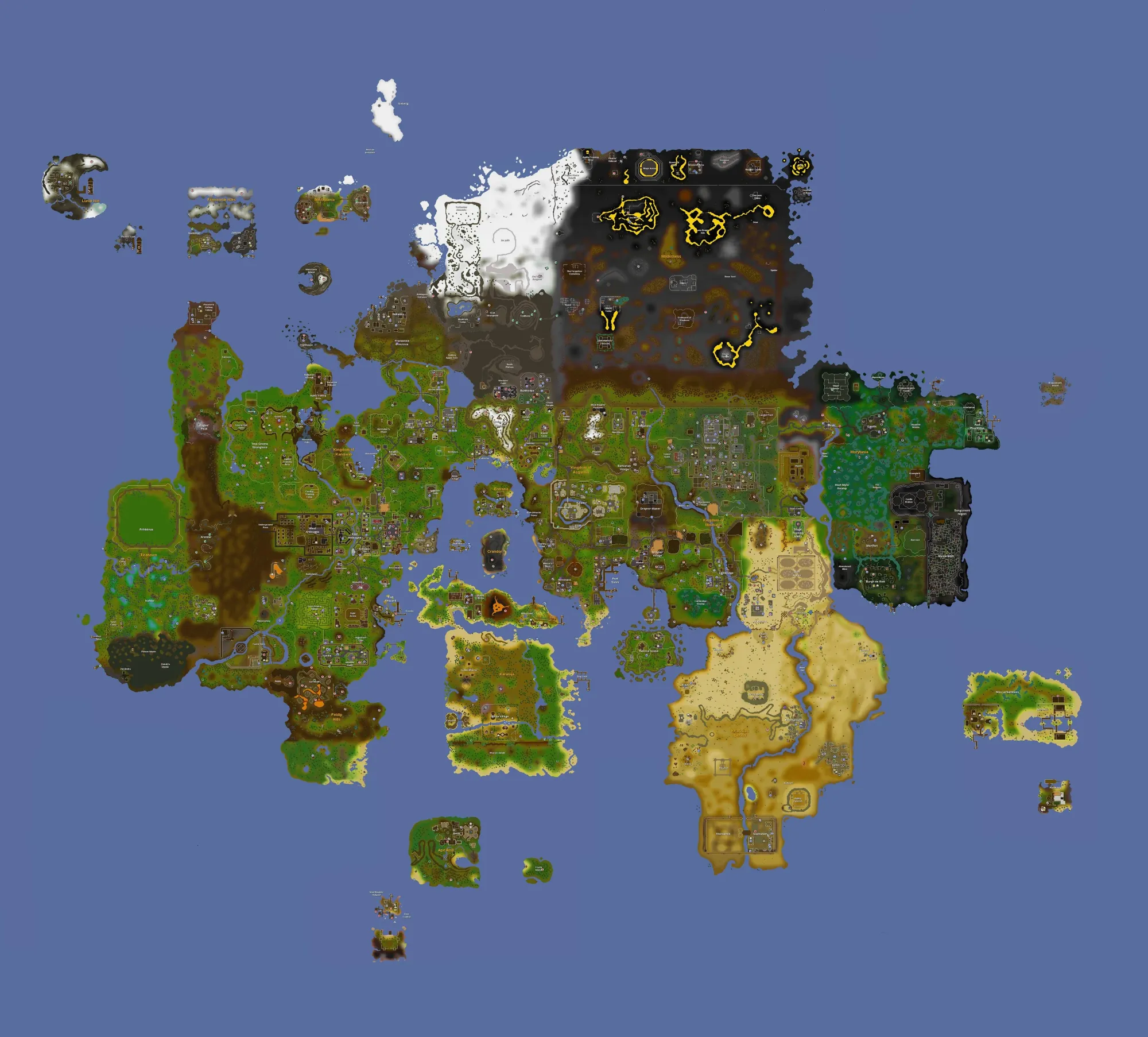
Secondly, the comments from four YouTube videos were analysed for their sentiment. These four videos were about Venezuelan people who live in poverty and play RS for a real-world income.
Two of these videos were fundraisers, meaning that part of their purpose was to raise money for a charity that aims to relieve suffering in Venezuela somewhat. These two videos made by RS video makers raised more than $15,000 USD for Venezuelan-related charities.
It was believed that by analysing the comments I could get a reasonable estimation of how people in the RS community were responding to the Venezuelans playing RS. In total, these videos had been viewed approximately, 803,959 times, which depending on how YouTube counts its "views", means that anywhere between 160,000 - 800,000 individual accounts have watched the videos.
Findings
FINDING #1.
If you were a RS player, you were more likely to know about the fact that Venezuelans were playing RS for a living, compared to somebody who had never heard of RS. Conversely, people who had never heard of RS were generally unaware about the fact that Venezuelan people were playing a video game for an income, although many were aware about the dire economic situation in Venezuela.
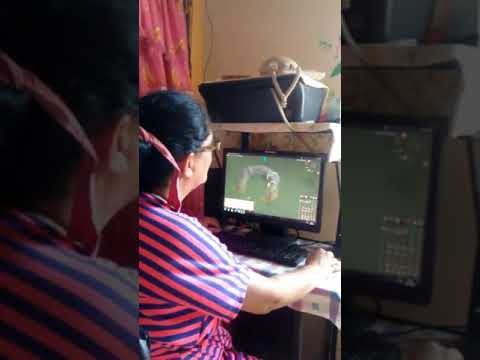
This suggests that RS players had a local piece of knowledge compared to non-RS players: they knew that many people from Venezuela were playing an online game for a living.
However, this finding was expected and by itself is not particularly illuminating. People who play RS know that Venezuelans also play RS for an income, whereas people who don't play RS, also don't know that Venezuelans play RS.
So what....?
This where the second finding comes in.
FINDING #2.
The second finding relates to the comments of the YouTube videos. Before conducting the study, it was already known that two videos had raised more than $15,000 USD for charity, but it was unknown how people in the comments section in general had reacted to the videos.
The main trend of sentiment across the four video was that a large majority (72.1%) of commenters expressed sentiment broadly supportive of Venezuelan gold farming, a result unlikely to have arisen by chance variation.
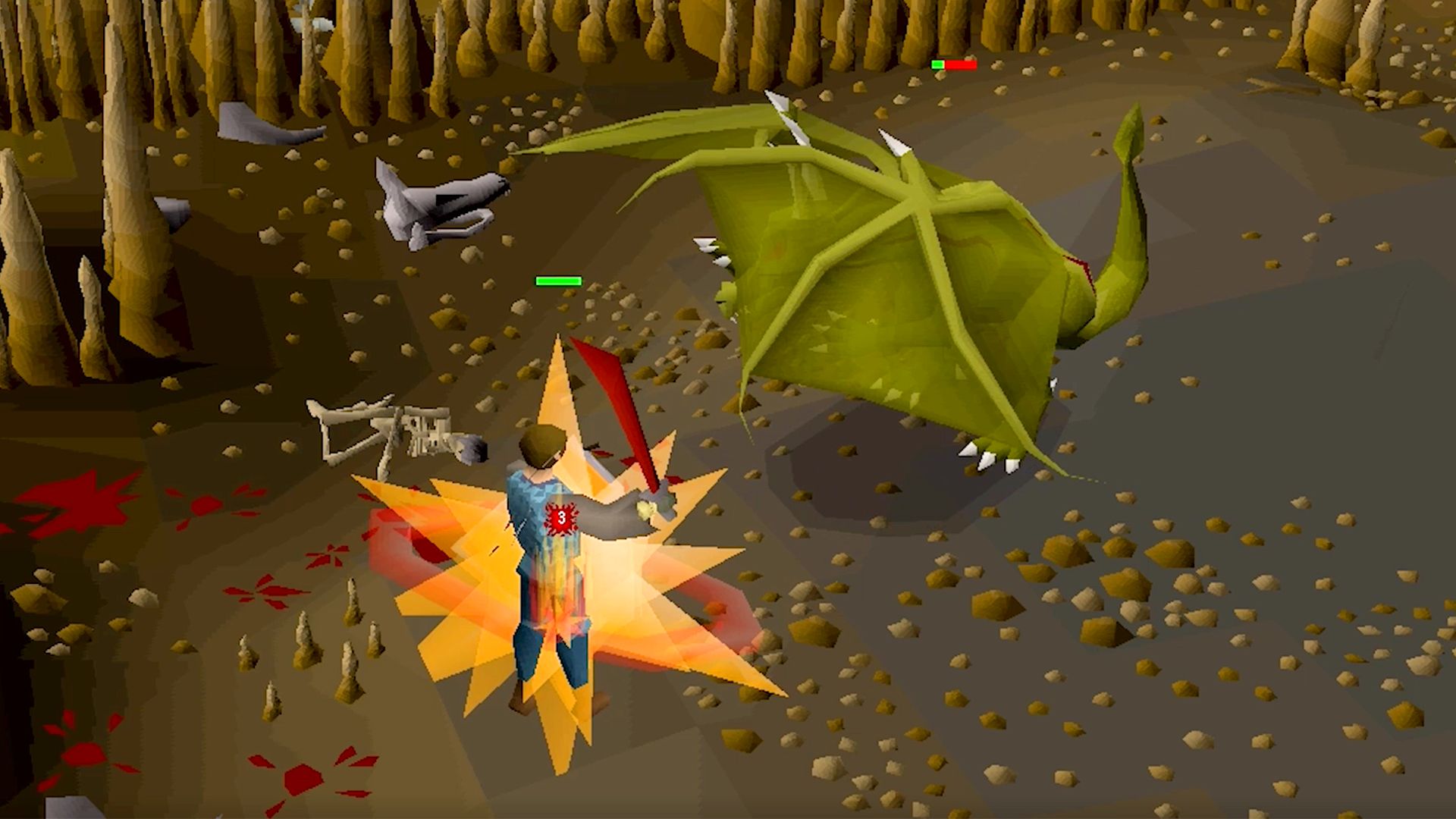
What this means is that commenters were broadly sympathetic towards the Venezuelans and their situation. Again, this conclusion is supported by the fact that the videos had already raised money for relevant charities.
What do these findings mean?
How do they related to the real-world outside of a university?
Implications
IMPLICATION #1.
First, the findings suggest that if more high-profile RuneScape content creators were to promote appropriate Venezuelan charitable causes in a similar manner to the previous videos, then more money would likely reach Venezuelan charities, because the video makers' fan bases would donate more money.
In other words, people who watch RS videos tended to care about Venezuelans; more videos of a similar ilk would likely mean that more money would reach humanitarian charities.
IMPLICATION #2.
Second, the findings suggest that if the games company owner Jagex did something similar, like incentivising (by making it easy for) RuneScape players to donate to Venezuelan charities or directly to individual Venezuelans, either with “gold” or fiat currency, probably many more players would.
I can imagine that if there were a "donation well" in-game that converted RS gold into a real-world donation to a Venezuelan charity, many players would use this. Put differently, if it was easy for RS players to donate to Venezuelans or related causes somehow, then many players would probably lend a hand.
Indeed, something already exists in RuneScape 3, called the Well of Goodwill. For every 1 million gold coins donated, Jagex are said to donate one dollar to a listed charity.
I believe that RS players feel more connected to the Venezuelans and their situation (perhaps compared to other charitable causes) because the Venezuelans themselves play RuneScape.
In general, people really do seem to find it easier to sympathise with and take prosocial action for others when they are members of the same team, or if they share common values.
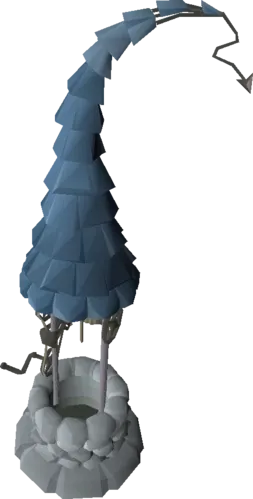
A message for Jagex
To my knowledge, you (Jagex) have, so far, remained largely quiet about the Venezuelan situation. I agree that it is a strange fact that a Massive Multiplayer Online Role-Playing game like RuneScape can support an income for thousands, if not tens of thousands of people in the real-world, who live in extreme poverty.
RS is a game people play for entertainment, to pass the time, and to avoid the real-world. But the fact remains that for many Venezuelans, the game is a real economic outlet, which is supporting them through a humanitarian crisis.
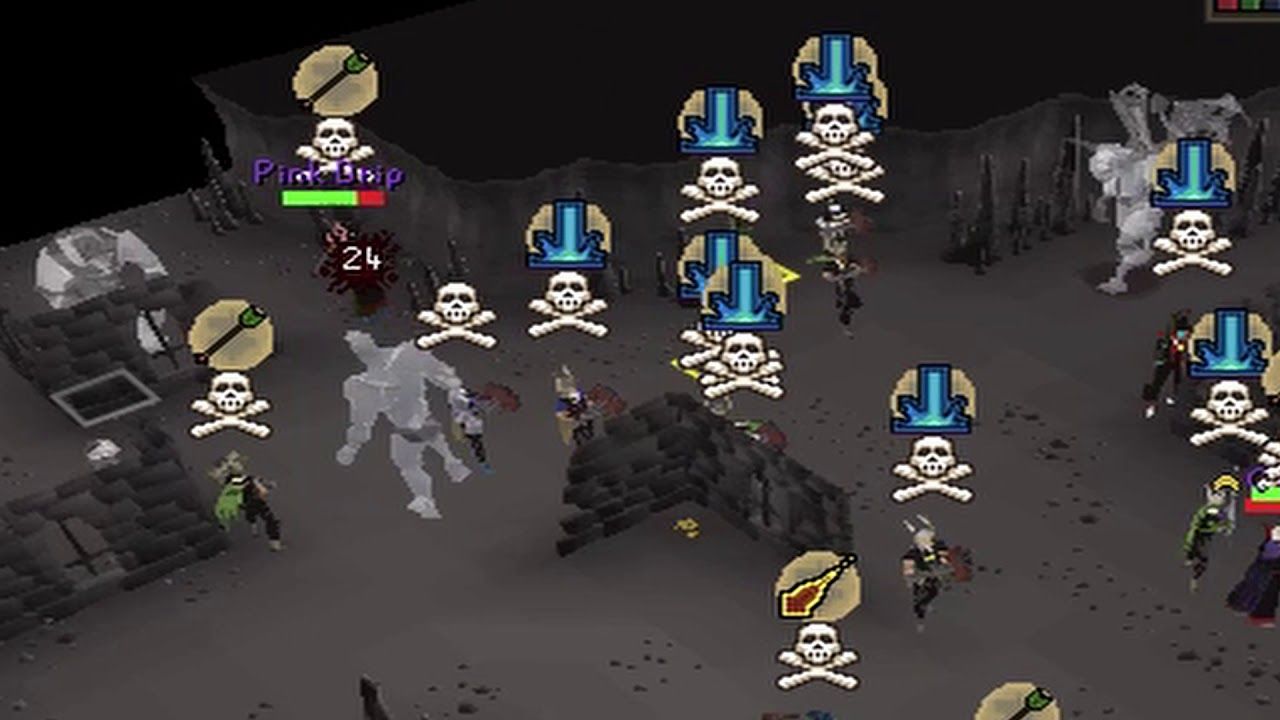
Jagex. The player base, at least some of them, would like to do more to help.
Members of the community have spoken. They are members of the free market of RuneScape.
Consider incentivising action.
Create the in-game infrastructure.
Make it easier for players to help the Venezuelans.
And let the market speak for itself. Let players make up their own minds. Here, I've made the case that many players in the RS marketplace want to help.
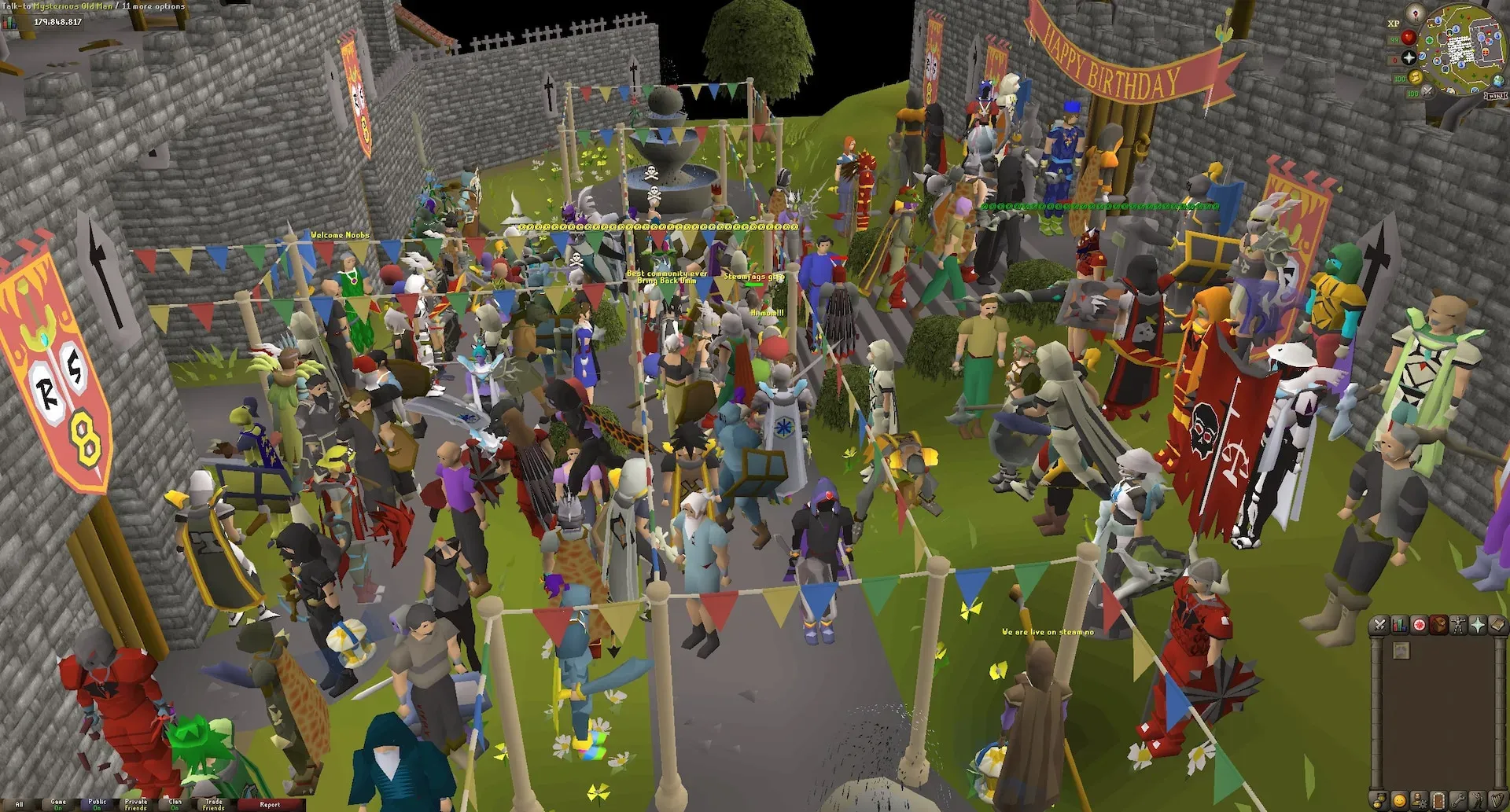
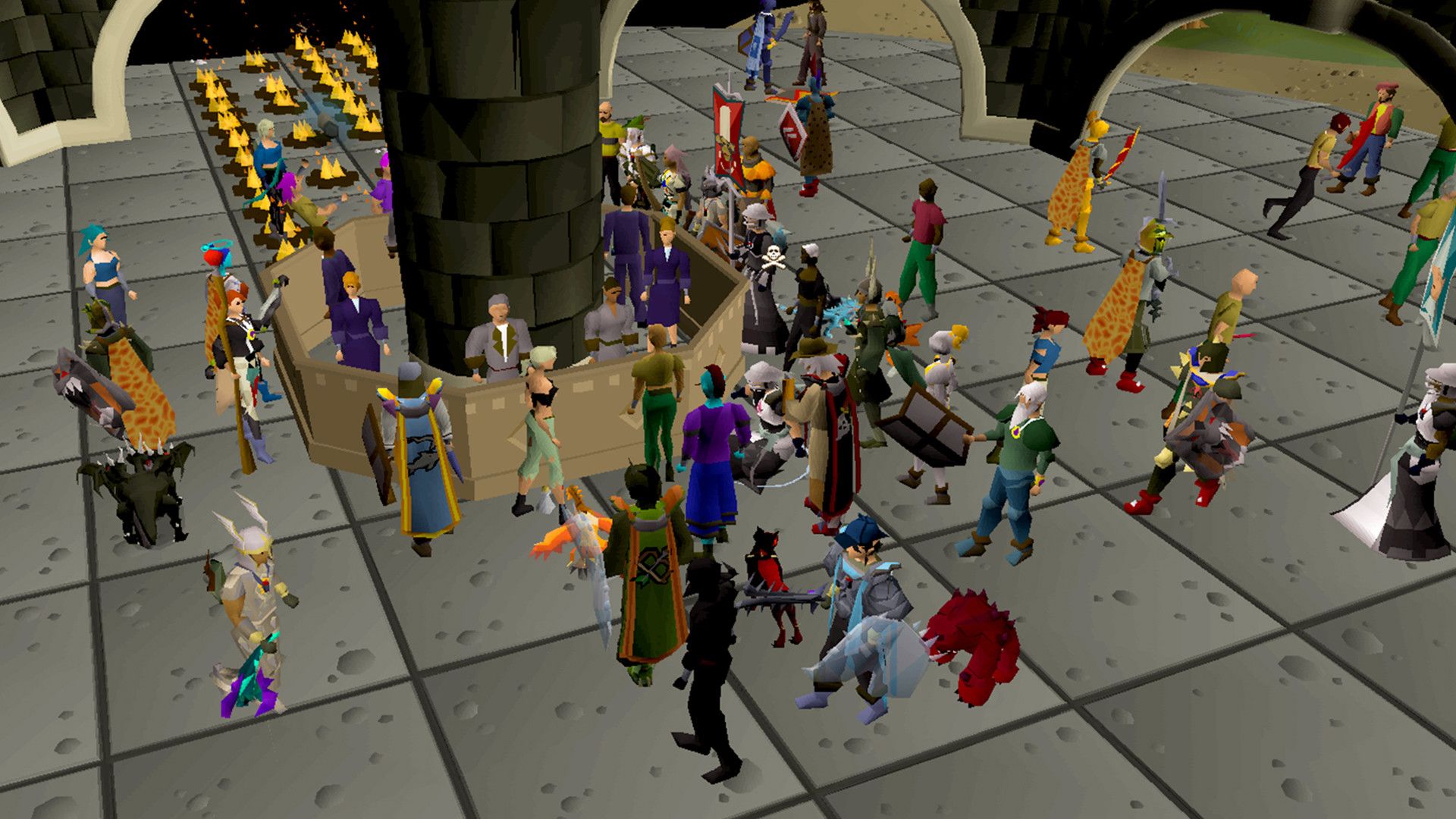
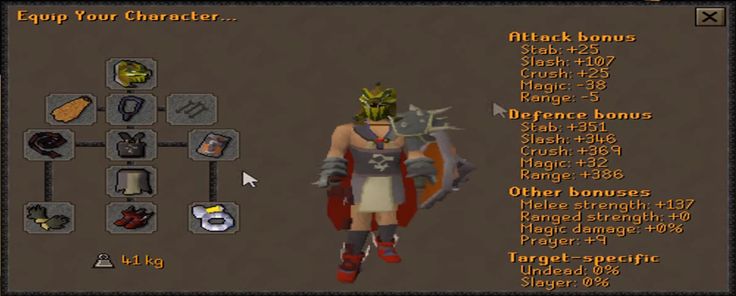
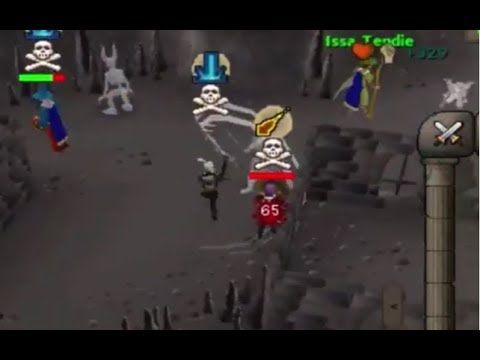
Though Venezuelans are abstract people to us - they are people we will never meet, nor feel the "warm emotion" of helping - you have the power to facilitate mechanisms that will, if implemented correctly, have a concrete, positive, and real impact on peoples lives.
Moreover, the idea that "playing an online game for a living" will not happen again is a nice idea. But today we live in a digital world, and the Digital Revolution is exponential.
These scenarios or scenarios like them where the physical and digital worlds meet and interact will not stop here. Instead, they will probably continue apace, develop, and evolve - both in their complexity and intricacy.
Doing something like this (connecting the player base voluntarily with the players in poverty through charitable donations in-game) would set a precedent in the gaming world (I believe).
It may even make other companies in similar situations have a framework for action - at least it will give them something to think about.
Jagex, lead the way.
